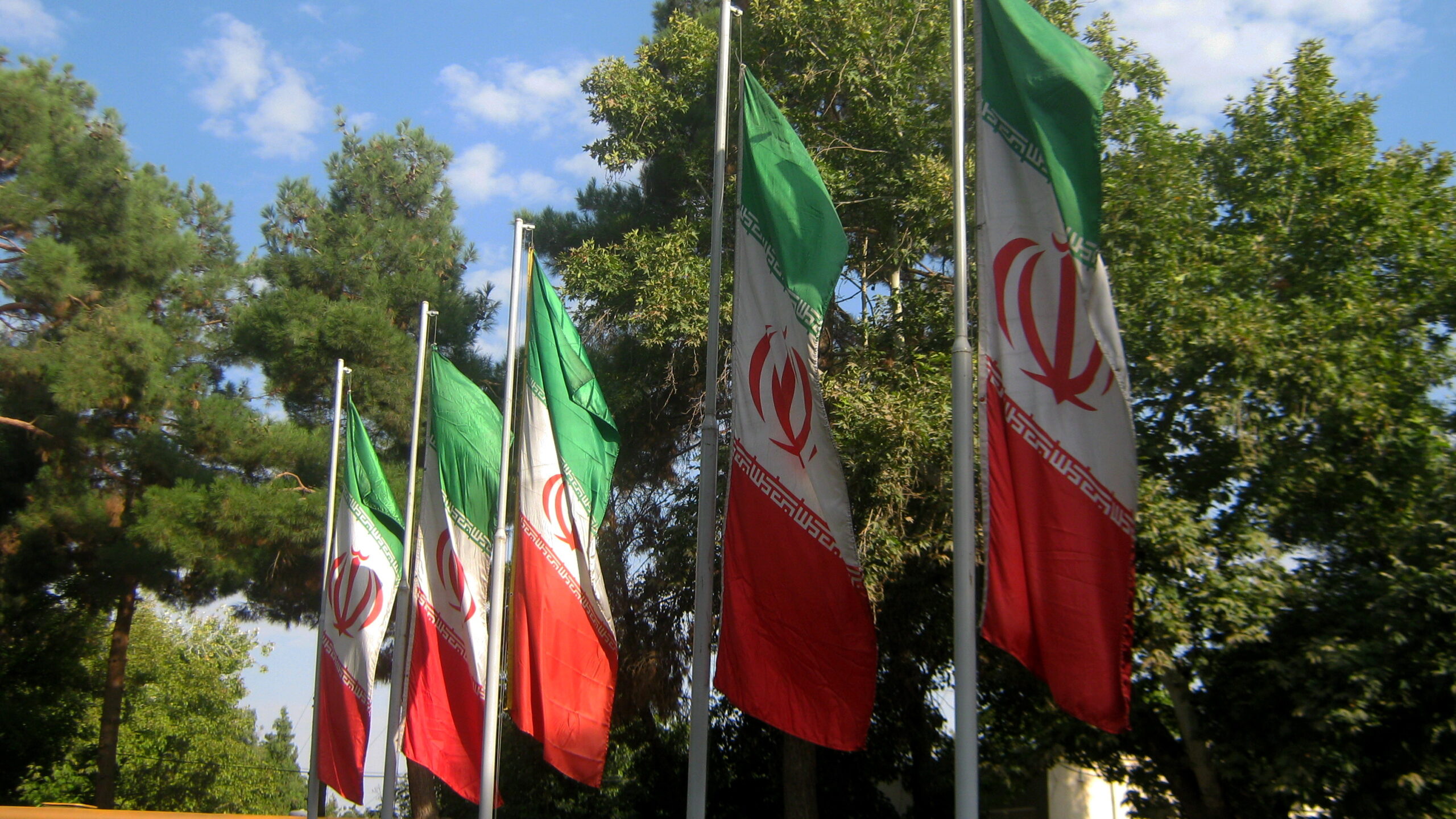Civilization
Enough with “Do Something” Foreign Policy
The “do something” foreign policy of the last twenty-three years has brought no lasting results, because no one stops to think what to do.

The killing of American troops stationed in Jordan by Iranian proxies has understandably unleashed much umbrage across the U.S. There have been bipartisan calls for some sort of response, and interventionists like John Bolton have argued for strikes in Iran itself. After considering their options, the Biden administration responded with strikes on those proxies in what some experts said “could begin to send a deterrent message.” As of now, this imagined “deterrent” has failed, as insurgent attacks have not ceased.
But after 20 years, “could” simply does not cut it. Instead of attacking with counterproductive strikes which will waste money, more lives, and will not have their intended effect, the Biden administration should heavily draw down troops in the Middle East.
Critics will say this is cutting and running. But there is wisdom in adjusting our force posture to be in line with America’s actual interests. In 1983, 241 American troops were killed by terrorists who detonated bombs in their barracks in Beirut. President Ronald Reagan responded with pinprick strikes but ultimately just pulled the remaining troops out entirely. Why? Because we did not need to be there, just like we do not need to be in Tower 22, the base on the Jordan-Syria border where troops were killed recently.
But let’s, for a moment, agree with those who say we must react, or, as the interventionists always like to say, “Do something.” What should we do? The most extreme option would have been to declare war on Iran. What would be the goal of a war? Neoconservatives have long argued for Iranian regime change, dating back to the revolution in 1979. And while it is indeed an evil regime, would the outcome of war be successful regime change? We have tried this twice in recent decades. The first attempt met spectacular failure in Afghanistan and the second, Iraq, is teetering and has been totally co-opted by Iran’s government as it is. Plus, a war on Iran would create thousands of casualties among American troops and far more among their civilian population. And what then? Would we nation-build, as we failed to do in Afghanistan? Would we just blow it up and leave, hoping a group like ISIS doesn’t emerge?
How about so-called “pinprick” strikes, similar to the ones the Biden administration considered? Their proponents argue that targeted attacks will reduce civilian casualties and can hamper the work of Iran’s proxy groups. That may be so, but “targeted” killings in the Middle East have as-of-yet still somehow managed to kill civilians, and according to Iraq’s government, civilians are among the dead from these new strikes. Plus, these strikes merely re-create the “$2 million missile at a $10 empty tent” conundrum: these missiles each cost huge amounts of money, and they do not solve the problem.
But beyond how to strike back, the main question should be what the goal of the operation would be. Is it just a smack in response to the attack on our troops? If so, are we defining their lives by a certain number of Iranian computers ruined by a cyberattack (another option considered by the Biden administration), or a set number of missiles launched? Is there a palpable goal for what would ultimately be a multi-million-dollar operation? Or is it just a way to express rage?
If there is a goal, its proponents should spell it out more clearly than they have. We know, almost for a fact, that these strikes will not dissuade Iran’s proxies. They have been attacking our troops and bases for years, and we have been striking back for years; their attacks have not ceased. And if there is no goal, then “rage” is an unacceptable reason alone to wage foreign policy.
The Biden administration tried to square this circle by suggesting that perhaps Iran does not actually control all of the activities of their proxies. Considering how often Iran’s Revolutionary Guard Corps commanders – who oversee Iran’s relations with their proxies – go to meetings in Baghdad and elsewhere, such an excuse flies in the face of reality. But it seems the administration is hoping that this fig leaf will excuse them from acting against Iran proper.
They need not jump through such hoops. If they cannot find and define an end-goal for the potential strikes, and they cannot show how the strikes would help reach that goal, then they should not undertake them. Such a rubric for decision-making should also apply to our troops stationed in the Middle East, or anywhere. If there is no end-goal for their being present in the region, or at least no achievable goal, then they should simply not be there.
It is incredibly concerning that after over twenty years of the War on Terror, “do something” foreign policy is still the reigning philosophy in America’s government. We should finally turn the page.
This article was originally published by RealClearWorld and made available via RealClearWire.
Anthony J. Constantini is a Contributing Fellow at Defense Priorities.
-

 Civilization2 days ago
Civilization2 days agoWhy Europe Shouldn’t Be Upset at Trump’s Venezuelan Actions
-

 Accountability4 days ago
Accountability4 days agoWaste of the Day: Principal Bought Lobster with School Funds
-

 Executive3 days ago
Executive3 days agoHow Relaxed COVID-Era Rules Fueled Minnesota’s Biggest Scam
-

 Constitution4 days ago
Constitution4 days agoTrump, Canada, and the Constitutional Problem Beneath the Bridge
-

 Christianity Today2 days ago
Christianity Today2 days agoSurprising Revival: Gen Z Men & Highly Educated Lead Return to Religion
-

 Civilization3 days ago
Civilization3 days agoThe End of Purple States and Competitive Districts
-

 Executive2 days ago
Executive2 days agoWaste of the Day: Can You Hear Me Now?
-

 Executive3 days ago
Executive3 days agoWaste of the Day: States Spent Welfare in “Crazy Ways”










